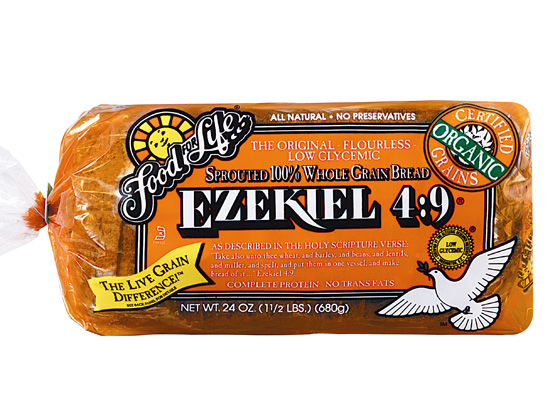Looking back over my posts over the last couple of months, it’s clear to me that I’ve really spent the summer thinking about one question—What does it mean to encounter the divine? Till We Have Faces is in many ways a book length answer to that question. And in reading the novel, I realized that encountering God can never be an end in itself. Rather, it is about transformation, or as we Christians call it, sanctification. In fact, as Christians, our own ongoing transformation actually depends on our beholding God.
And we all, with unveiled face, beholding the glory of the Lord, are being transformed into the same image from one degree of glory to another. For this comes from the Lord who is the Spirit (2 Cor. 3:18).
In Exodus when Moses asked to gaze on the glory of the Lord, simply seeing the passing glory of the Lord made his face shine with a resplendent glory so radiant that the people of Israel asked him to wear a veil. And in reflecting on that encounter in light of Christ, Paul makes an astonishing claim–our relation to God through Christ is even greater than Moses’ because we come to God with unveiled faces by the power of the Spirit, and in beholding him we become like him. In Christ we are able to gaze on God, a reality that sparkles and cuts like a diamond because to gaze on the divine is to encounter both terror and beauty, both dread and joy.
Terror and dread because who we are and what we desire is finally exposed. Just as Orual is finally able to see how sickly her love for Psyche is in the presence of the divine, we too are exposed, laid bare, disintegrated in God’s presence. One reason I believe people don’t really seek God, don’t really read their Bibles or pray with any real earnestness is because deep down they know to do so is to risk exposure, to have their desires revealed as petty, to have their loves exposed as anemic. The sound of the Lord comes to the garden like a storm, and we hide ourselves because we know that we are naked.
But it is not just terror and dread. It is beauty and joy too. God is not simply beautiful—he is the source of beauty. As Augustine says, God is, “The beauty of all things beautiful.” This means that the rush of joy we experience in the presence of earthly beauty, in faces and sunsets, in symphonies and meals, in laughter and mountains, finds its source and fullness in the face of God. To gaze on him is to experience the fullness of beauty which is itself the fullness of joy. But it is more than that. To gaze on God is to be realigned with and by the source of beauty itself, a beauty that actually changes us into the fullness of beauty itself-the face of Christ.

